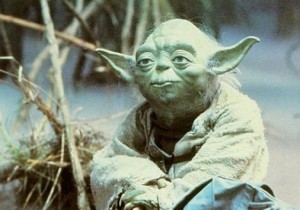conservative
Science and Politics: Why Conservatives Don’t Get Science
Only 6% of scientists self-identify as Republican. Six per cent! And there are five times as many who don’t even have a partisan affiliation. And only 9% self-identify as conservative. Fascinating.
But not entirely unexpected.
 These numbers, uncovered by the PEW Research Center, have been the topic of much discussion, sparked by this piece on Slate by Daniel Sarewitz, followed up by a number in The Economist’s Democracy in America blog. Both express concern about the implications of so few conservatives in science. And both speculate as to the cause, first Sarewitz:
These numbers, uncovered by the PEW Research Center, have been the topic of much discussion, sparked by this piece on Slate by Daniel Sarewitz, followed up by a number in The Economist’s Democracy in America blog. Both express concern about the implications of so few conservatives in science. And both speculate as to the cause, first Sarewitz:
It doesn’t seem plausible that the dearth of Republican scientists has the same causes as the under-representation of women or minorities in science. I doubt that teachers are telling young Republicans that math is too hard for them, as they sometimes do with girls; or that socioeconomic factors are making it difficult for Republican students to succeed in science, as is the case for some ethnic minority groups. The idea of mentorship programs for Republican science students, or scholarship programs to attract Republican students to scientific fields, seems laughable, if delightfully ironic.
And The Economist:
I can think of three testable hypotheses they might look into. The first is that scientists are hostile towards Republicans, which scares young Republicans away from careers in science. The second is that Republicans are hostile towards science, and don’t want to go into careers in science. The third is that young people who go into the sciences tend to end up becoming Democrats, due to factors inherent in the practice of science or to peer-group identification with other scientists.
I’d like to advance a fourth hypothesis: the same psychological proclivities that predispose individuals towards conservatism and the Republican party are the same psychological proclivities that predispose those individuals to not have a strong interest in science.
Contrary to the popular view that political attitudes and ideological commitments are the product of environmental factors, such as family upbringing, socio-economic conditions, or rational reflection, in fact it’s psychology that plays a dominant role in influencing an individual’s political leanings. And career choices.


